David Sacks, the U.S. President Donald Trump's AI and Crypto Czar, has made a claim that the public's distrust of artificial intelligence is not genuine, but rather the result of a $1 billion plot by a group he calls the "Doomer Industrial Complex." According to Sacks, this shadow network of Effective Altruist billionaires, backed by individuals such as convicted FTX founder Sam Bankman Fried and Facebook co-founder Dustin Moskovitz, aims to manipulate public opinion against AI.
Sacks made this assertion in an X post this week, pointing to research by tech-culture scholar Nirit Weiss-Blatt, who has spent years mapping the AI doom narrative. Weiss-Blatt's research suggests that a small group of influential individuals and organizations have been actively promoting a negative view of AI, often through sensationalized media coverage and social media campaigns. Sacks believes that this concerted effort has contributed to the widespread distrust of AI, despite its numerous benefits and applications.
The Doomer Industrial Complex, as Sacks describes it, is a network of individuals and organizations that prioritize the potential risks and downsides of AI over its potential benefits. This group, Sacks claims, has been using its significant financial resources to spread misinformation and fear about AI, with the ultimate goal of slowing down or halting its development. According to Sacks, this plot is not only misguided but also potentially damaging to the country's competitiveness and economic growth.
Sacks' claims have sparked a heated debate in the AI community, with some experts expressing skepticism about the existence and influence of the Doomer Industrial Complex. "While it's true that some individuals and organizations have been critical of AI, it's not clear that this is a coordinated effort or that it's driven by a desire to manipulate public opinion," said Dr. Kate Crawford, a leading AI researcher and critic of the field. "AI is a complex and multifaceted technology, and its impact will depend on how it's designed and deployed."
Despite the controversy surrounding Sacks' claims, the issue of AI trust and public perception remains a pressing concern for policymakers and industry leaders. As AI continues to advance and become increasingly integrated into our daily lives, it's essential to have a nuanced and informed discussion about its potential benefits and risks. The current status of AI development and deployment is a complex and rapidly evolving landscape, with new breakthroughs and applications emerging regularly.
In recent months, there have been several high-profile announcements and developments in the AI space, including the launch of new AI-powered products and services, as well as significant investments in AI research and development. As the debate over AI trust and public perception continues, it's clear that the future of AI will depend on a combination of technical innovation, social responsibility, and informed public discourse.
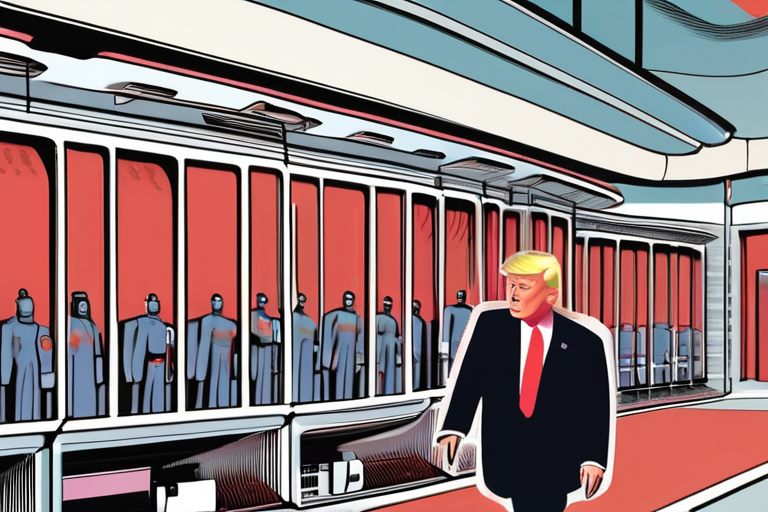

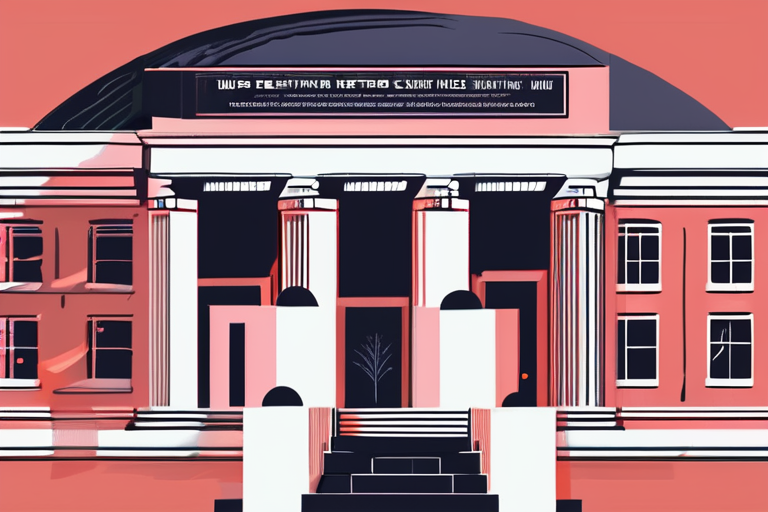


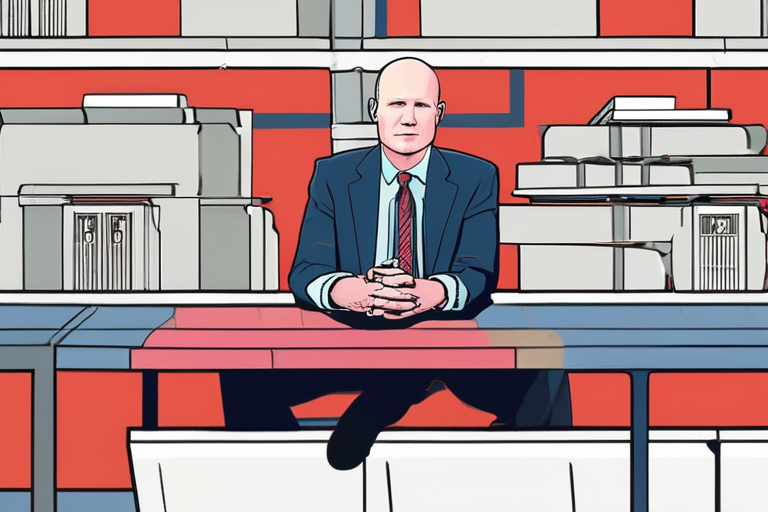
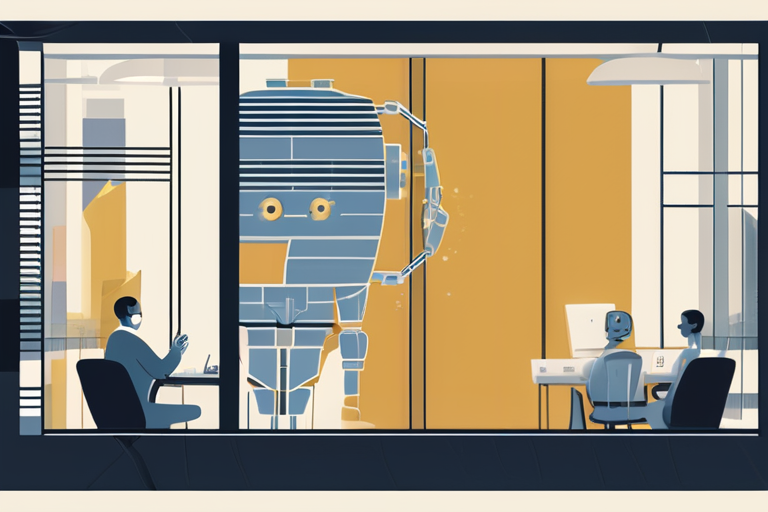

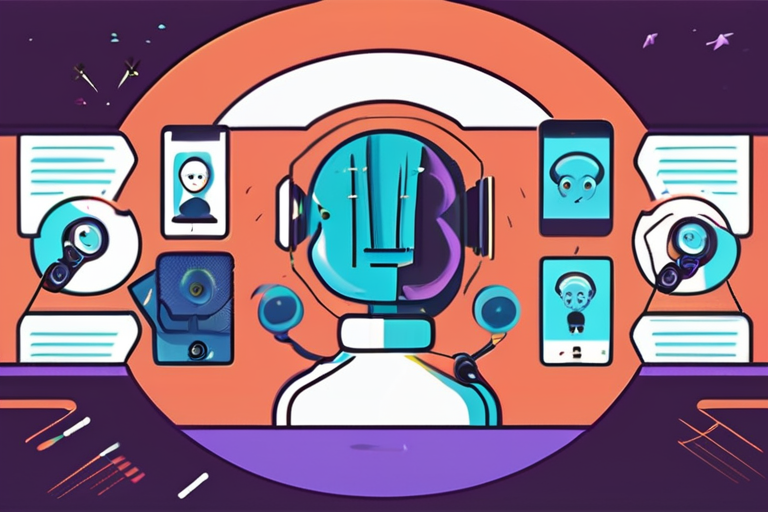
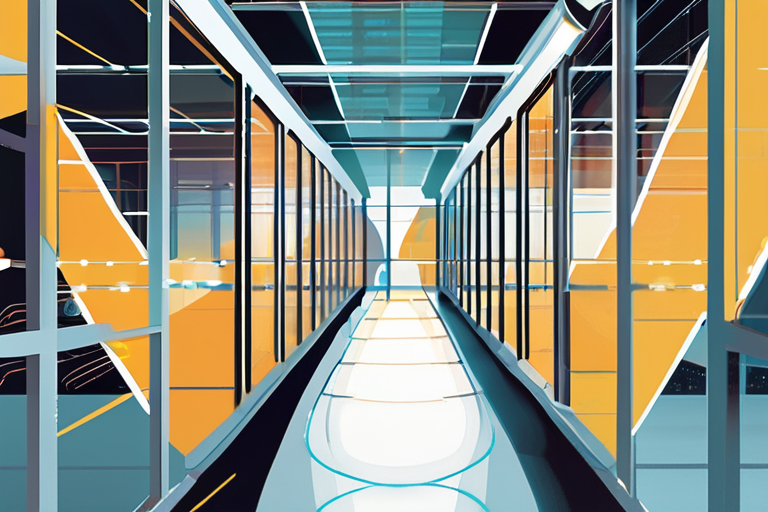
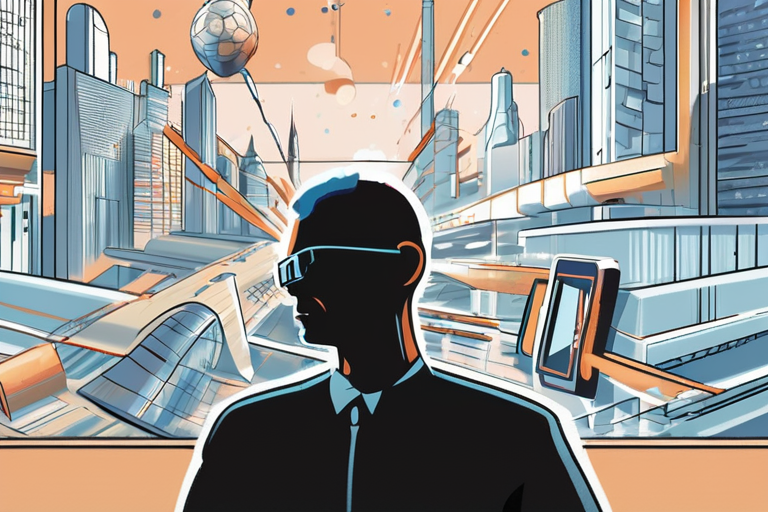

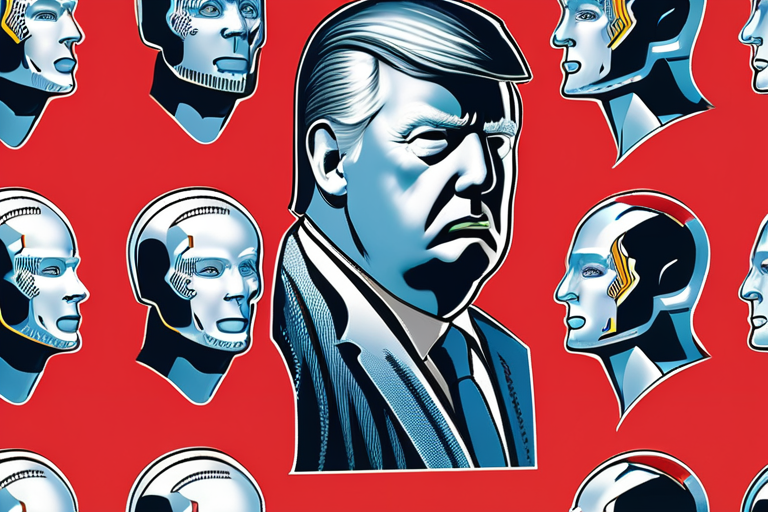
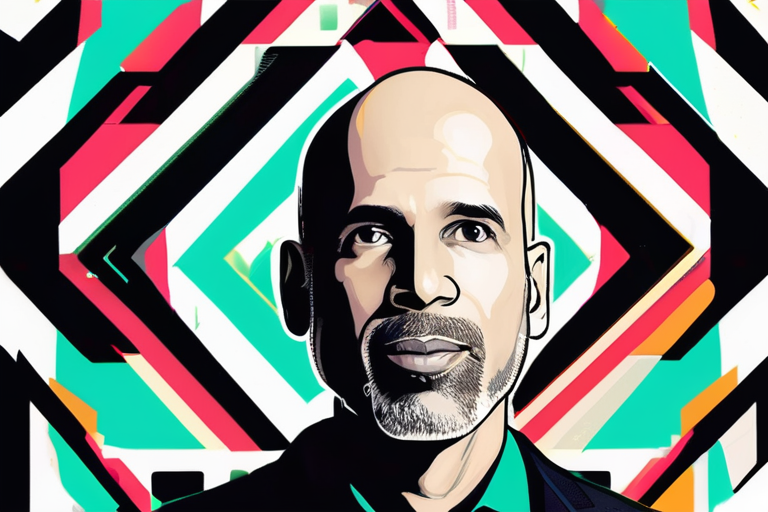
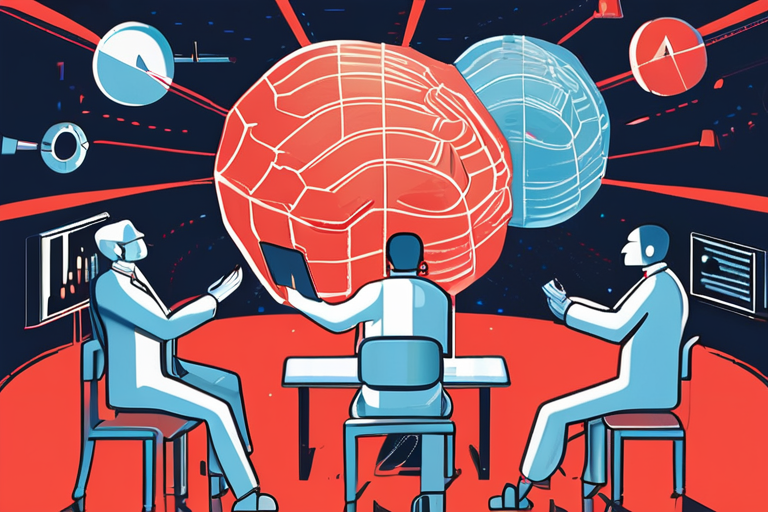



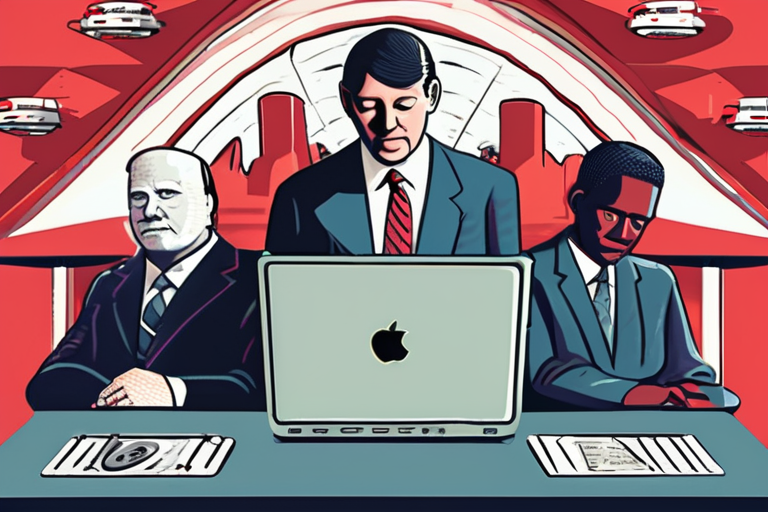
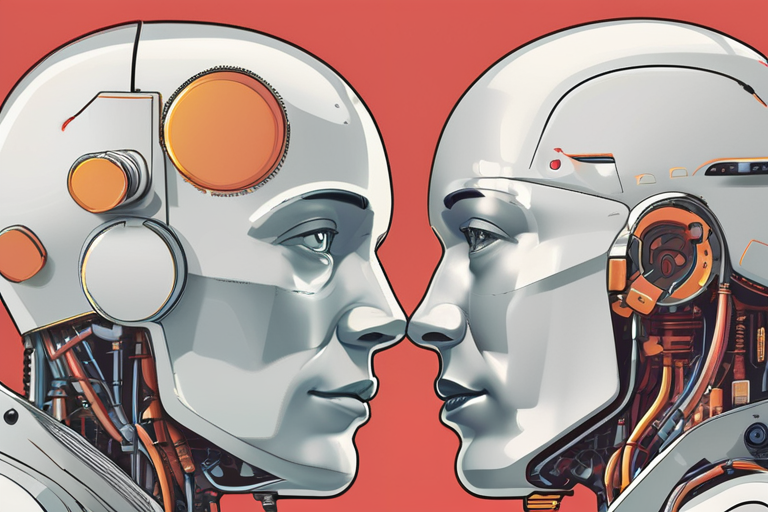

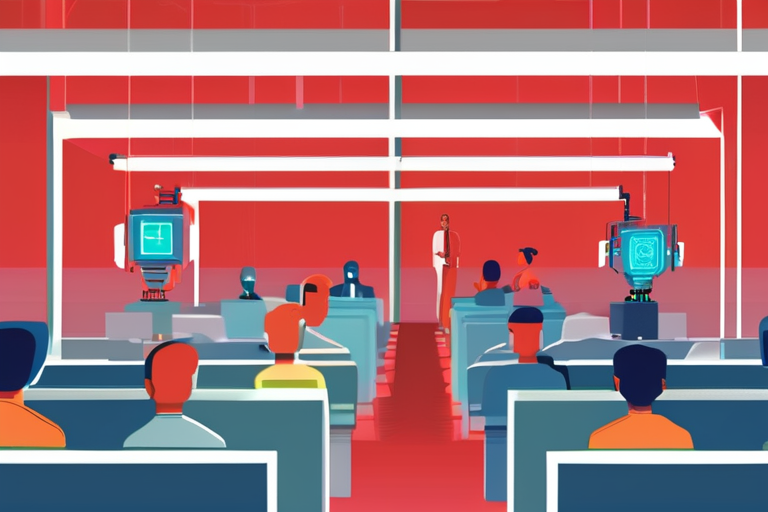

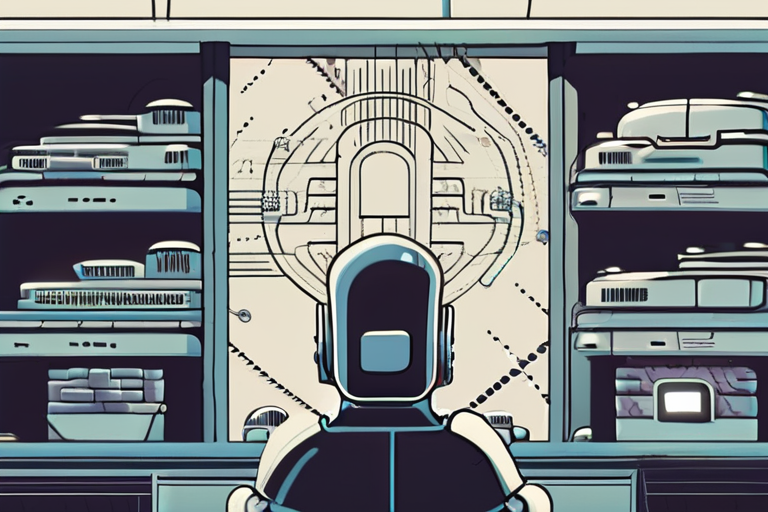


Share & Engage Share
Share this article